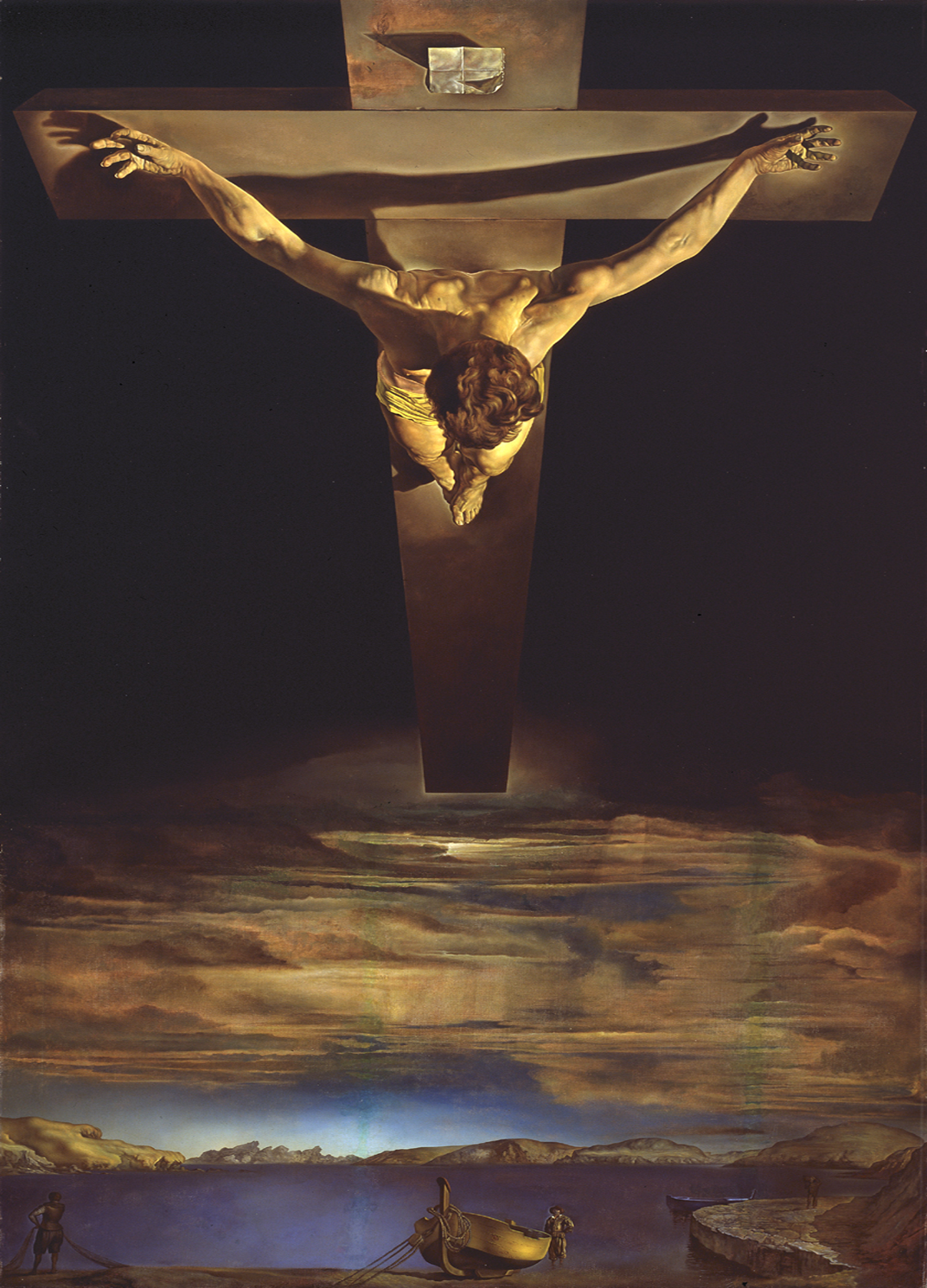15 March 2015
Homily of the Apostolic Nuncio
His Grace Archbishop Petar Rajič
2 Chr 36:14-16.19-23; Eph 2:4-10; Jn 3:14-21
Jesus predicted at least three times, that he would be ‘lifted up’ upon a cross and that a terrible death awaited him, but also that he would arise again after his death. In his conversation with Nicodemus Jesus said: Just as Moses lifted up the serpent in the desert so must the Son of Man be lifted up, so that everyone who believes in him may have eternal life. In looking upon a crucifix, we are reminded of just how much God has loved us, to give up his life so that we could have the fullness of life in him and live in eternity. Jesus’ sacrifice forever remains as the highest expression of God’s love towards mankind and the world.
In the same passage Jesus states: For God so loved the world that he gave his only Son, so that everyone who believes in him might not perish but might have eternal life. In this sentence we have the very essence of the Gospel.
God so loved. Everything in the gospels, the entire content of our faith is based upon these very words, God so loved. God is love and loves all of creation. He is a benevolent and good God who knows no evil or sin, but only goodness, beauty and holiness.
God so loved the world. God loves the world he created, the universe and all of mankind. God’s love encompasses the entire universe and we are a part of it, loved by him eternally. It was not a single nation that God loved, nor only the good people, nor only those who loved him, but it was the world that God so loved. God loves all, the good and the bad. He makes his sun rise on the evil and on the good, and sends rain on the just and on the unjust (Mt 5:45). All are included in his vast inclusive love. As St. Augustine once said: “God loves each one of us as if there was only one of us to love”.
God so loved the world that he gave his only Son. Everything that God has done for mankind was motivated by love. His love is so great that he considers every man and woman more important than himself, to the point of giving up his life for each of us. We are that man and that woman, those loved personally and equally by God. God does not act for his own sake, but for ours. God is the Father who cannot be happy until his wandering children have come home. In Jesus we can see that God does not want to smash us into submission but that he yearns over us and draws us to himself through the example of his love.
Loving is giving. This gospel passage, possibly more than any other, also gives us the answer to the question ‘what does it mean to love?’ The answer is found in one simple verb – to give. Loving is giving. The Father gave his Son for us. The Son gave up his life for us. The very foundation of our faith is based upon God’s giving of himself to us. By this we know love, that he laid down his life for us; and we ought to lay down our lives for the brethren (1 Jn 3:16). Love always remains invisible and is only revealed in deeds freely given, selflessly, generously and sacrificially, in the fashion of Our Lord and God.
For God did not send his Son into the world to condemn the world, but that the world might be saved through him. God’s initiative is to save and not to condemn. Some may still view God as a judge or policeman determined to punish us for all our wrongdoings, but the Lord does not take delight in condemnation, and in Jesus preferred to be condemned to death on a cross in order to eradicate our own condemnation, so that we and the world might be saved through him.
Despite our weaknesses and failure to love always, we can find reassurance in the example provided by Nicodemus, who was a fearful follower of Christ, unsure of himself and his beliefs, but still willing to encounter Jesus during the night. Jesus willingly speaks with Nicodemus without judging or condemning him for not being a hero. Jesus also respects Nicodemus’ fears, by being patient with him and his slowness to believe. With his divine patience, Jesus transformed Nicodemus into one of his courageous followers who later on joined with Joseph of Arimathea, who presented himself to Pilate to ask for the body of Jesus in order to provide him with a decent burial. Nicodemus was touched by Christ during this conversation and overcame his fears and doubts by believing in God’s love for the world, manifested in Jesus’ death on the cross.
None of us may consider ourselves heroes of the faith, and we too may oftentimes be somewhat fearful like Nicodemus, yet all of us can find strength and courage knowing that God understands our fears and doubts. Each of us can therefore reply to the love of God that has been revealed to us in Jesus Christ with renewed faith in the sacrificial love of God, which attracts us like a magnet and remain in awe of the One who was lifted up for us, whose life-giving death has given us new and eternal life.


